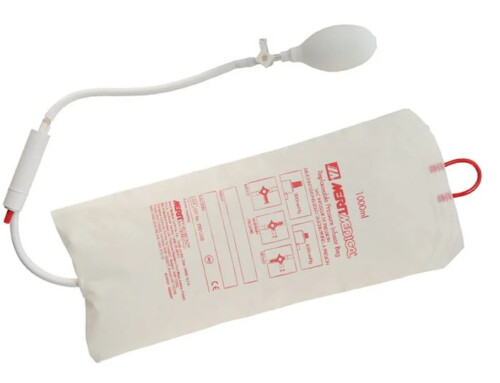The short answer to this question is NO. Since the landmark post-arrest, therapeutic hypothermia studies published in 2002, 1,2 extensive efforts have been made to ensure our post-arrest patients are cooled… and cooled fast. It only seemed logical to extend this revolutionary treatment into the field and have paramedics begin the cooling in the field. New EMS protocols were developed around the country to incorporate hypothermia into cardiac arrest management and well received by paramedics and EMTs. But a recent JAMA publication calls this now into question. 3
How useful is the cooling of patients in the prehospital setting?
Kim et al randomized 1,359 patients with ROSC to either be cooled with ice-cold saline in the field or not, all in the setting of standard ACLS care. The 4⁰C saline infusion successfully lowed core temperatures in the field but there was no significant change in survival to hospital discharge or neurologic status at discharge. In fact, field hypothermia may have a negative effect as there was an increased incidence of field rearrest and pulmonary edema on hospital admission.
What does this mean?
Prehospital care is the Emergency Department’s extension into the field, allowing for earlier care for patients with time-sensitive conditions. As resuscitation experts, paramedics need to understand the data behind the interventions they perform. Now that we have good data showing the lack of effectiveness of prehospital hypothermia, paramedics should refocus their efforts on high quality CPR and systems improvement. EMS medical directors should take note of this study when deciding how to invest capital into their system (i.e. installing coolers in ambulances), how to rewrite their cardiac arrest protocols, and where to focus training and in-service programs for staff. Although we keep looking for ways to achieve not just return of spontaneous circulation (ROSC) but also return of neurological function, cardiac arrest management is really all about the basics: compressions and defibrillation.




